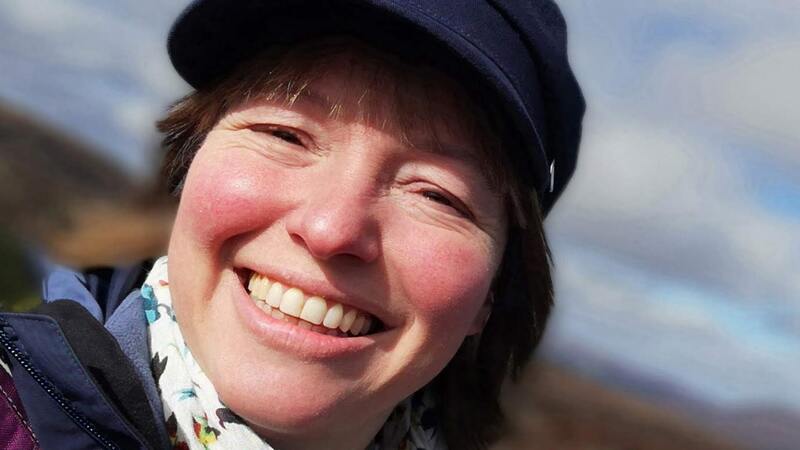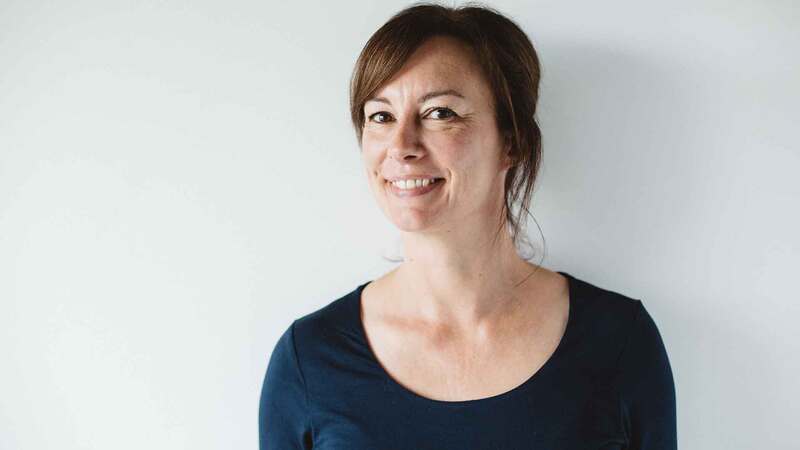You are viewing your 1 free article this month. Login to read more articles.
Peyton paces on with new novel
Next month will mark more than 70 years of the work of author K M Peyton being in print, and David Fickling Books will recognise the occasion by publishing a new novel by the Flambards creator.
Wild Lily (February, h/b, £10.99) charts rural girl Lily’s unrequited love for wealthy local boy Antony. Set in the 1920s, the novel follows the two through an adolescence filled with airplanes, parachute jumps and scandal, until they grow into an adult life that neither they nor the reader foresees.
Much of the plot also rests on the fact that Lily is brave and Antony is weak, despite some dramatic set pieces, including one in which Antony flies his father, who is on the run from the police, to France. Peyton (the “K” stands for Kathleen) deliberately made Antony ineffectual, she says. “Everything he does turns out wrong. He doesn’t really know what he wants in life and he makes a terrible mess of it.”
The idea for the novel came from a grotto Peyton saw while walking with a friend; it would become the setting for a major scene in the novel involving Antony’s deaf- blind sister, Helena. The story grew around that one location, although Peyton says her favourite part of writing is creating drama and excitement through action scenes because “it’s what I’m best at really, in my writing career I’ve mostly written about riding and sailing and things like that”.
She also, for the first time in her career, wrote an ending to the book that explores the characters’ lives as they grow older, taking Lily up to the age of 80—it was an idea of David Fickling’s. “I’ve never taken my characters past their twenties before,” she says, “so that was quite a departure for me.”
Peyton has written more than 70 books over the course of her career after securing her first publishing deal, aged 16, on the back of a meeting with Archie Black (of A&C Black) in the 1940s. She says Black was a “very beautiful gentleman, with a tailcoat and one of those stiff white ties”. Peyton went with her mother to meet him at his office in Soho Square, which was “lined with books from floor to ceiling”. He offered her £75 and published her first novel, Sabre: The Horse from the Sea, in 1948, with illustrations by Lionel Edwards. A second book, The Mandrake: A Pony, was released in 1949.
As an adult, Peyton wrote adventure stories for Scout magazine, but really hit her stride when she joined Oxford University Press with Windfall in 1963. “I had a list of what I thought were the best publishers and OUP was at the top. I sent it there and [OUP] accepted it. So that was the start of my so-called good writing instead of the early rubbish.”
Peyton was with OUP when she published her most celebrated work, the Flambards quartet, about an orphaned heiress who goes to live with her uncle on his Essex estate. She won both the Carnegie Medal and the Guardian Children’s Fiction Prize with titles in the series. The books still sell, and were turned into an equally successful TV series in 1979. It was also at OUP where Peyton first met Fickling, whom she describes as a “magic” editor, and she has worked with him ever since. “He never interferes . . . but if he does say something, he is always right,” she says.
She has always written from 9 a.m. until noon every day—even when her daughters were small— and she only writes one draft of a book. She will make changes if Fickling asks for them, but says she usually “doesn’t do any rewriting at all . . . Mabel [George, her first editor at OUP] never asked me to rewrite anything”.
Peyton says she has already started a new novel, and despite conceding that she “doesn’t like it very much” at the moment, she admits that she still enjoys writing. “There is all this talk about what hard work it is but I’d rather write than do anything else—apart, perhaps, from gardening.”


















